N’gandu Community Project
• N’gandu, Zambia •
• 2023 •
• In Partnership with The Butterfly Tree •
The Issue
N’gandu village has high rates of HIV and has subsequently led to a large number of children being orphaned. High rates of HIV and teenage pregnancy lead to school absenteeism and dropout. The local primary school of 556 students is heavily under-resourced. Some children walk 7 km each day to get to school for a 7am start, and can spend the day without food until they get home again in the early evening. Due to underfunding, children can share one maths textbook between a class of 60. They fear maths and therefore hide from the subject, leading to low exam pass rates.
The Project
We have built 4 sturdy houses for vulnerable families or orphans, using local builders and thatchers. We have funded 10 HIV prevention workshops with peer educators, reaching 450 young people at risk of HIV, teenage pregnancy and school dropout. We have also funded, in collaboration with the Ministry of Health, 2 mother to child workshops, discussing health promotion and combating misinformation to 120 mothers. Lastly, having discussed with the teachers about learner needs, we have funded sufficient maths textbooks so two students can share one book, as well as interactive packs for the younger grades to learn maths in an enticing way.
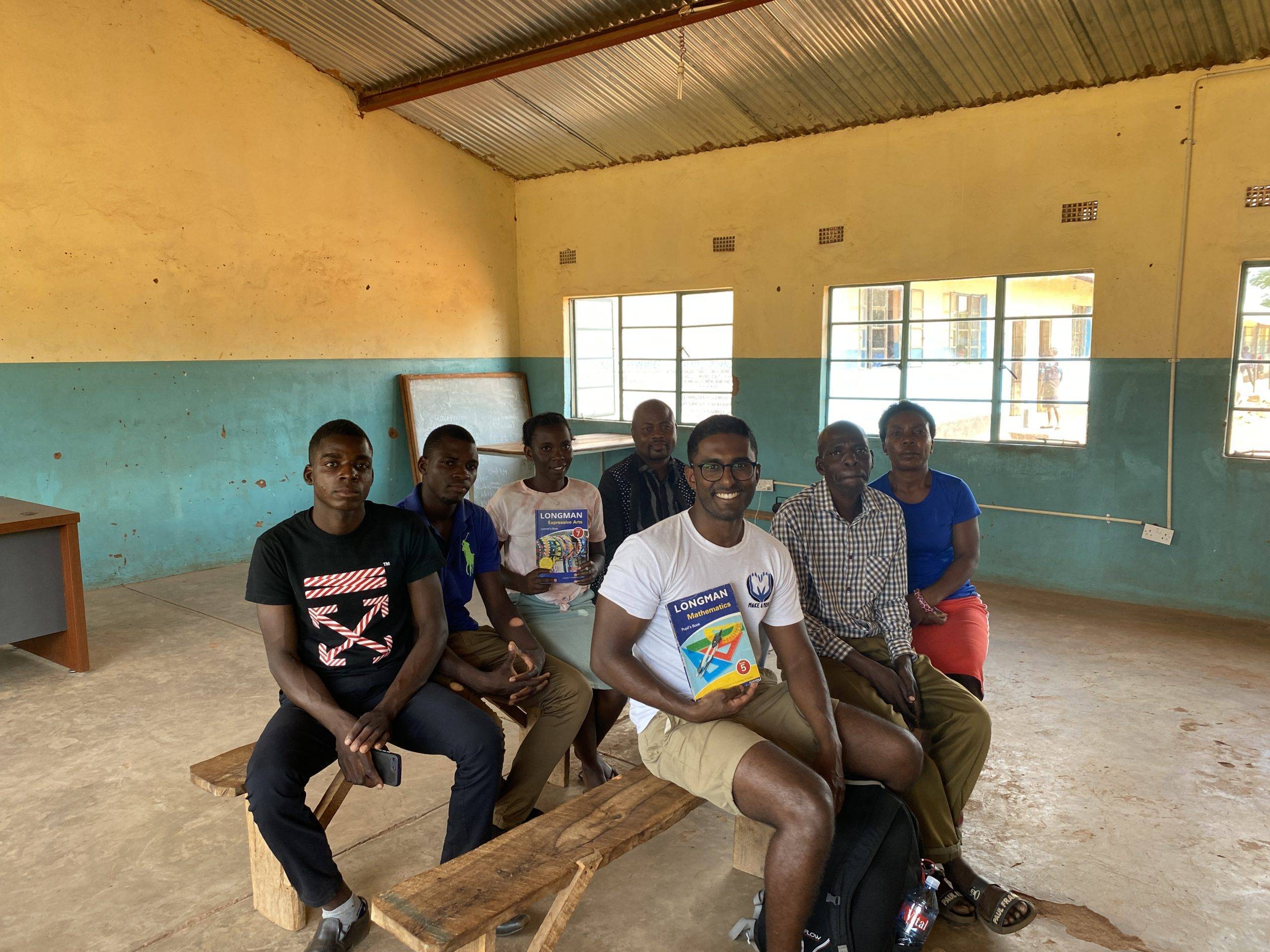
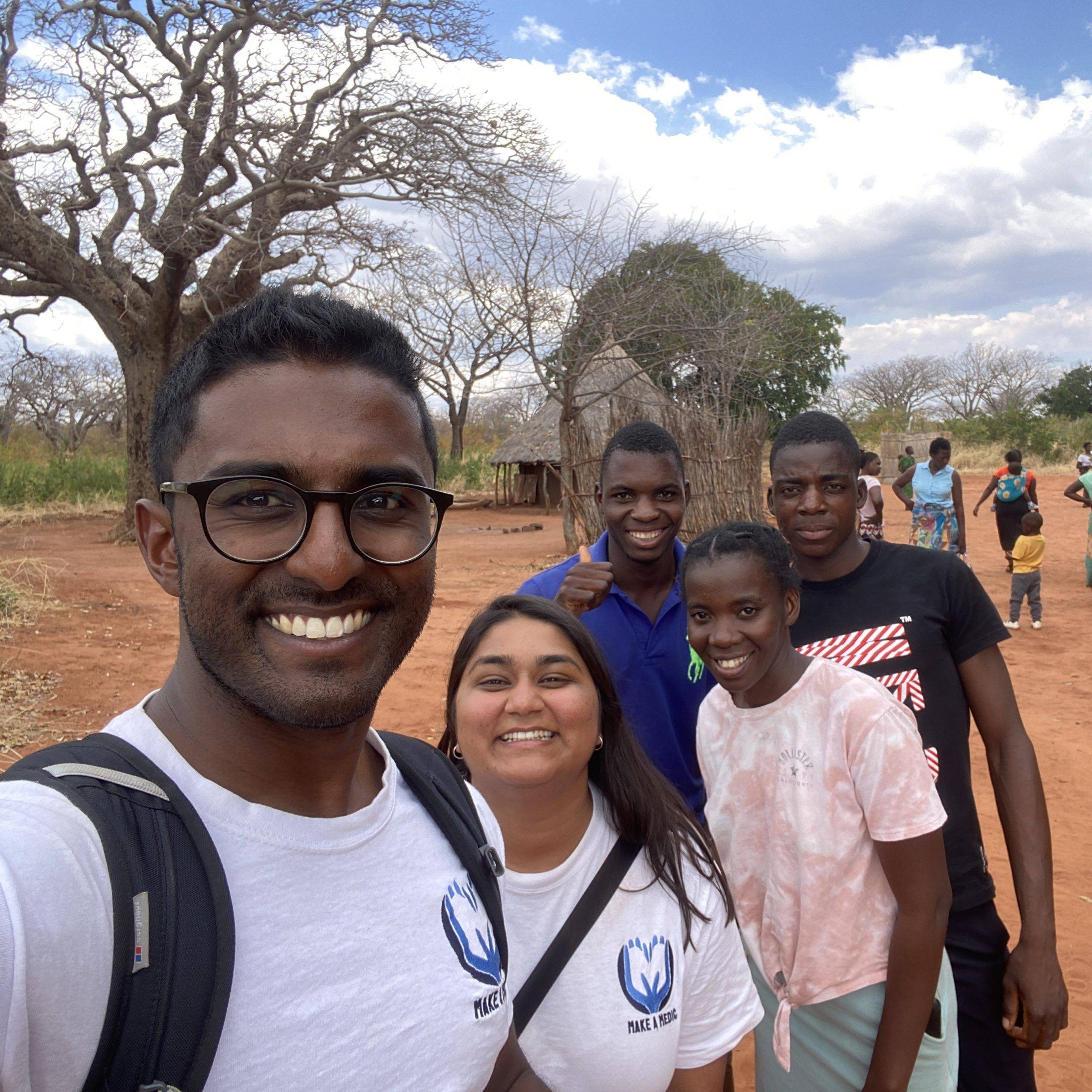
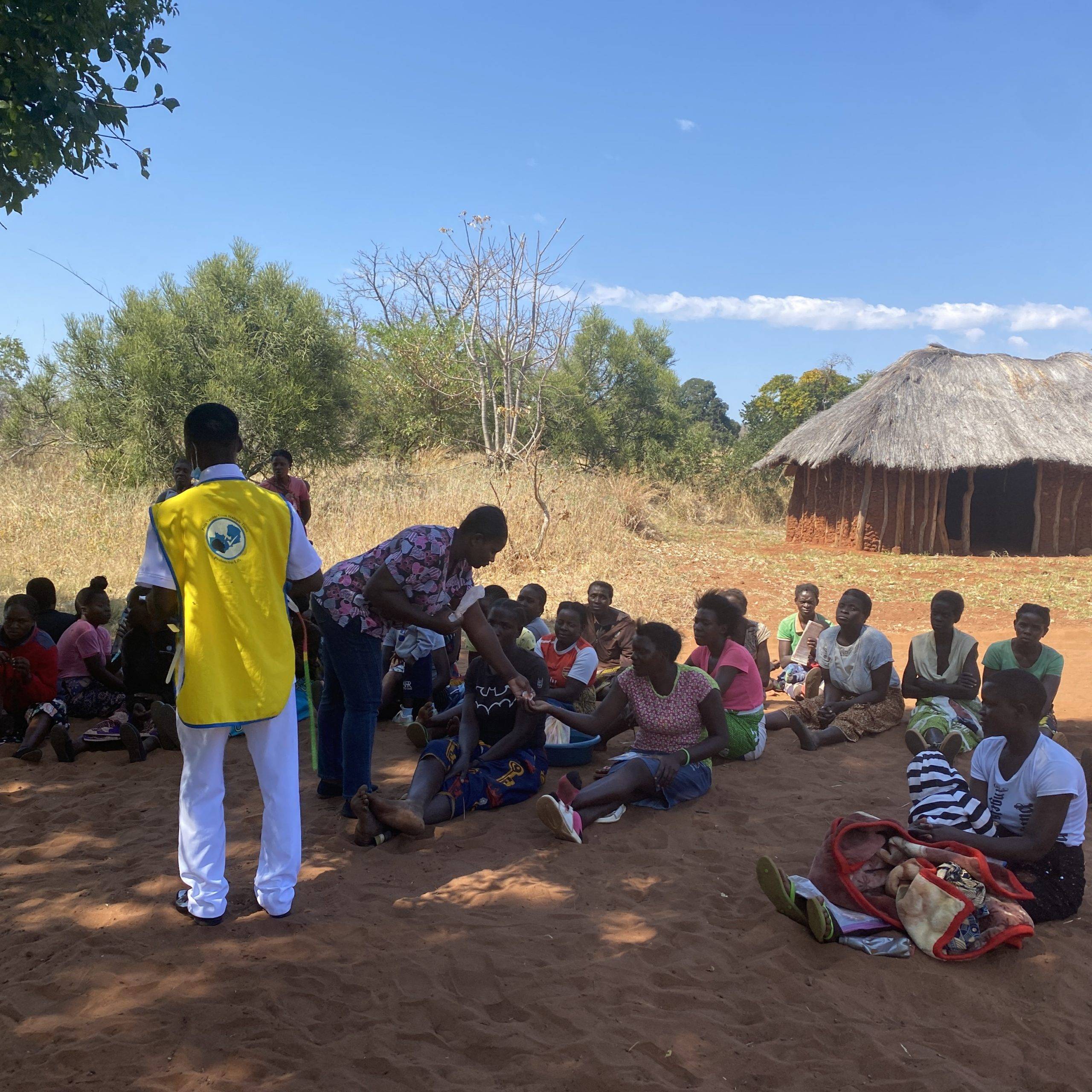
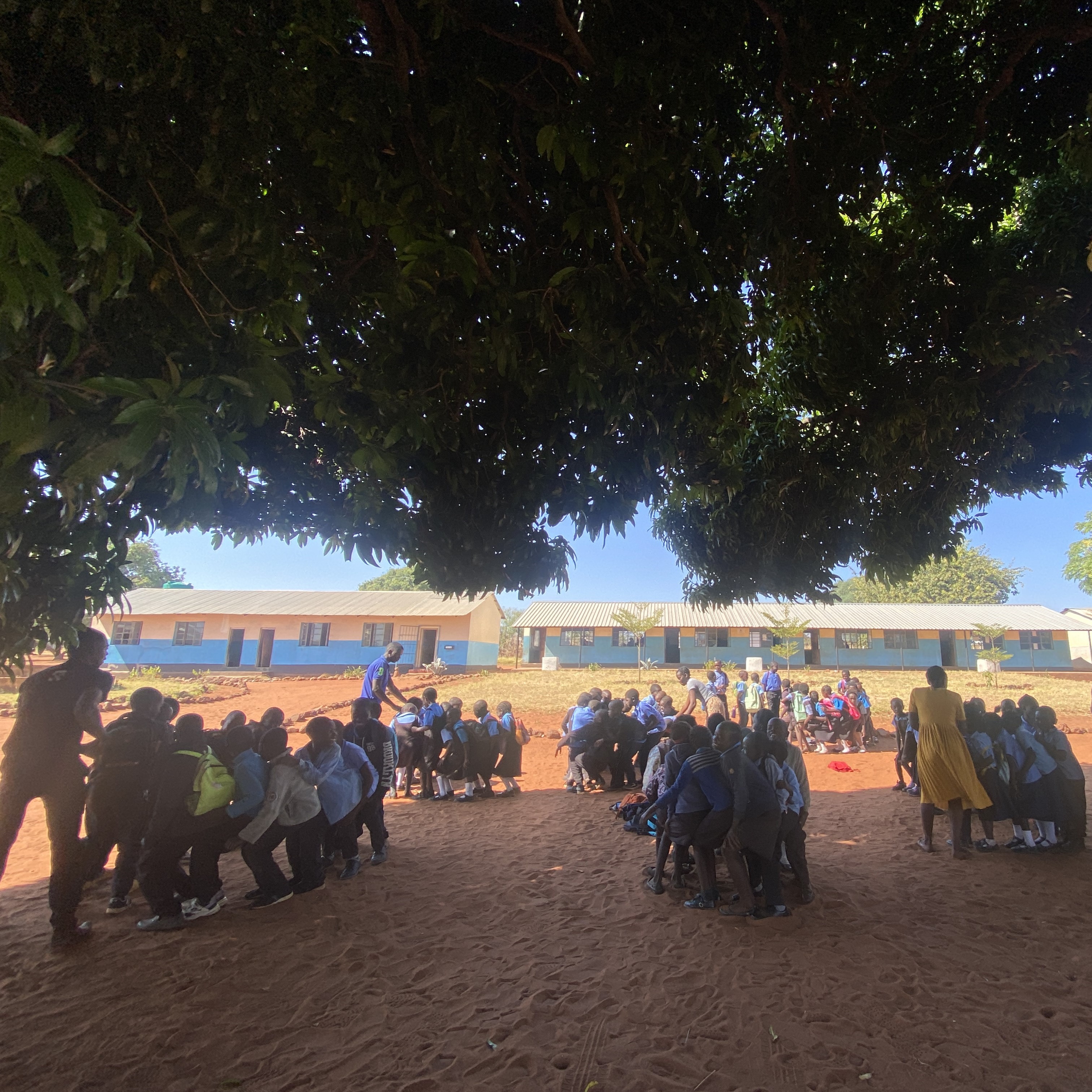
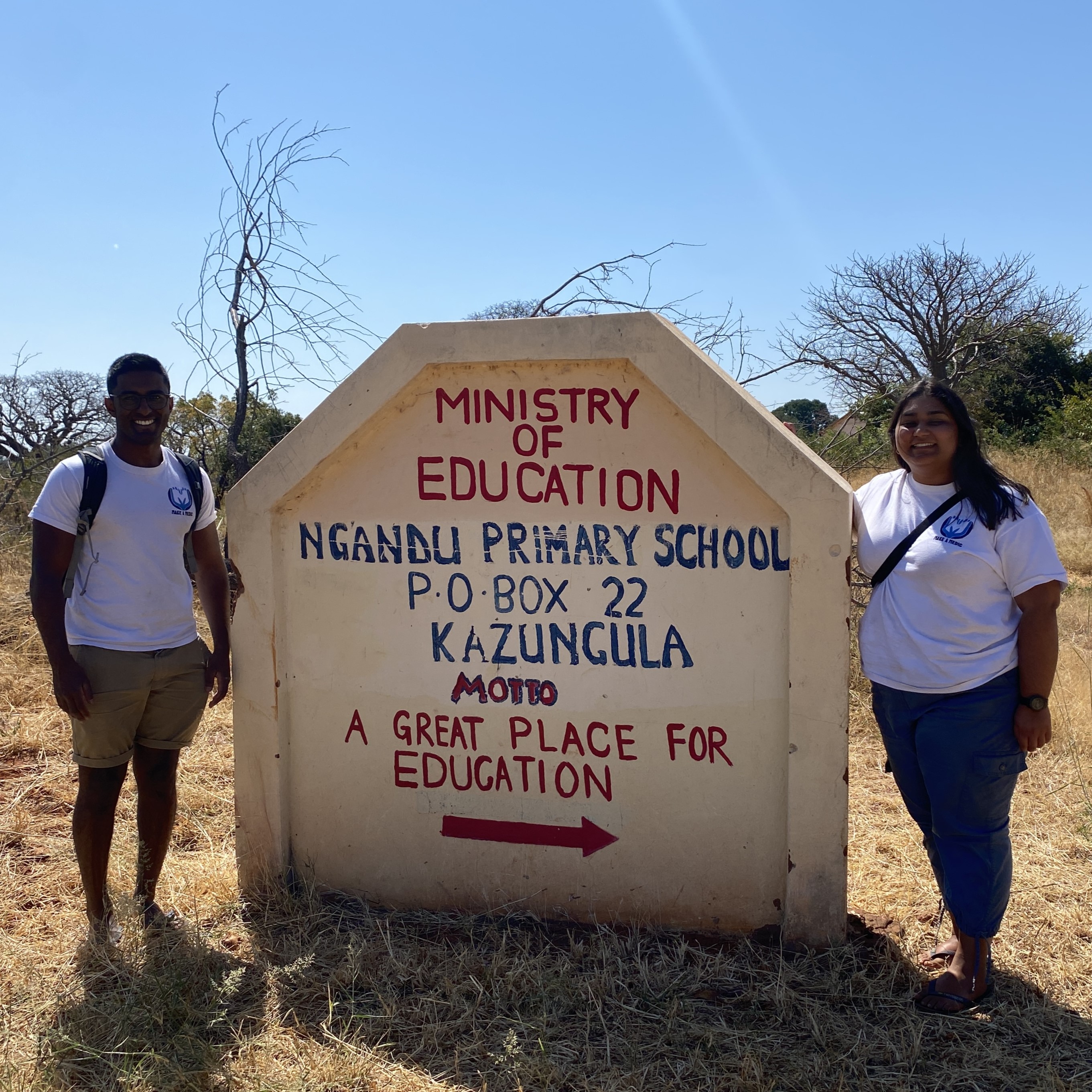
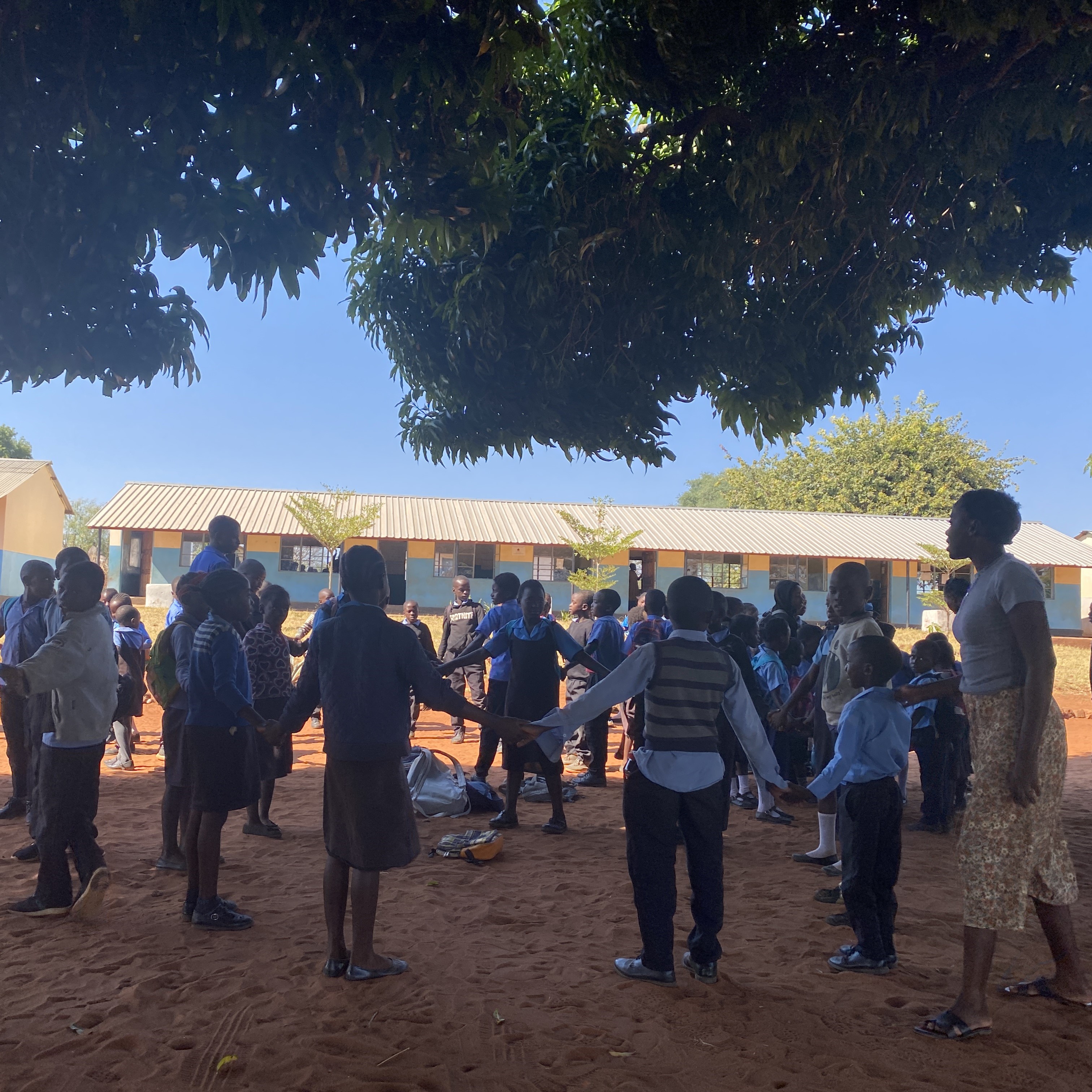
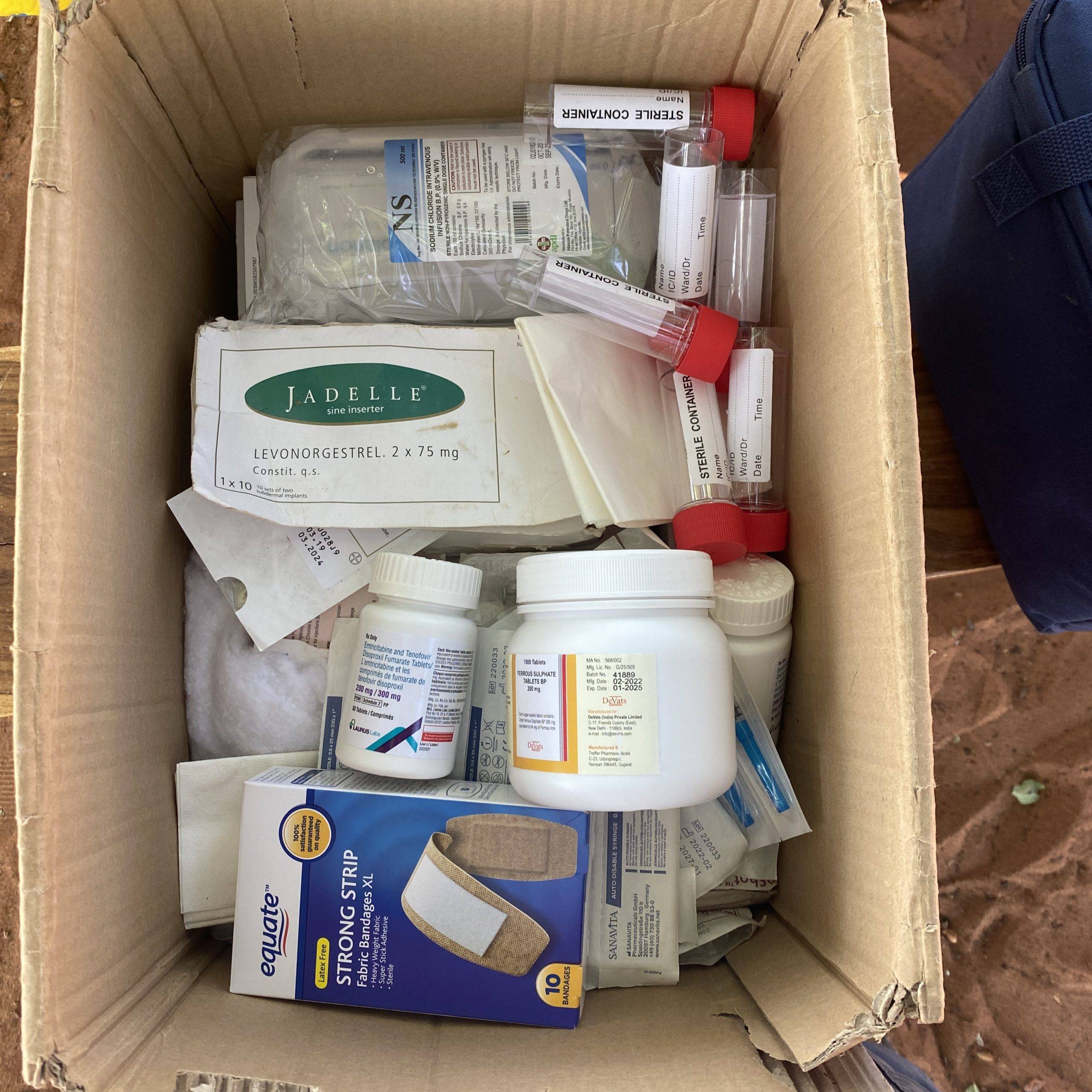
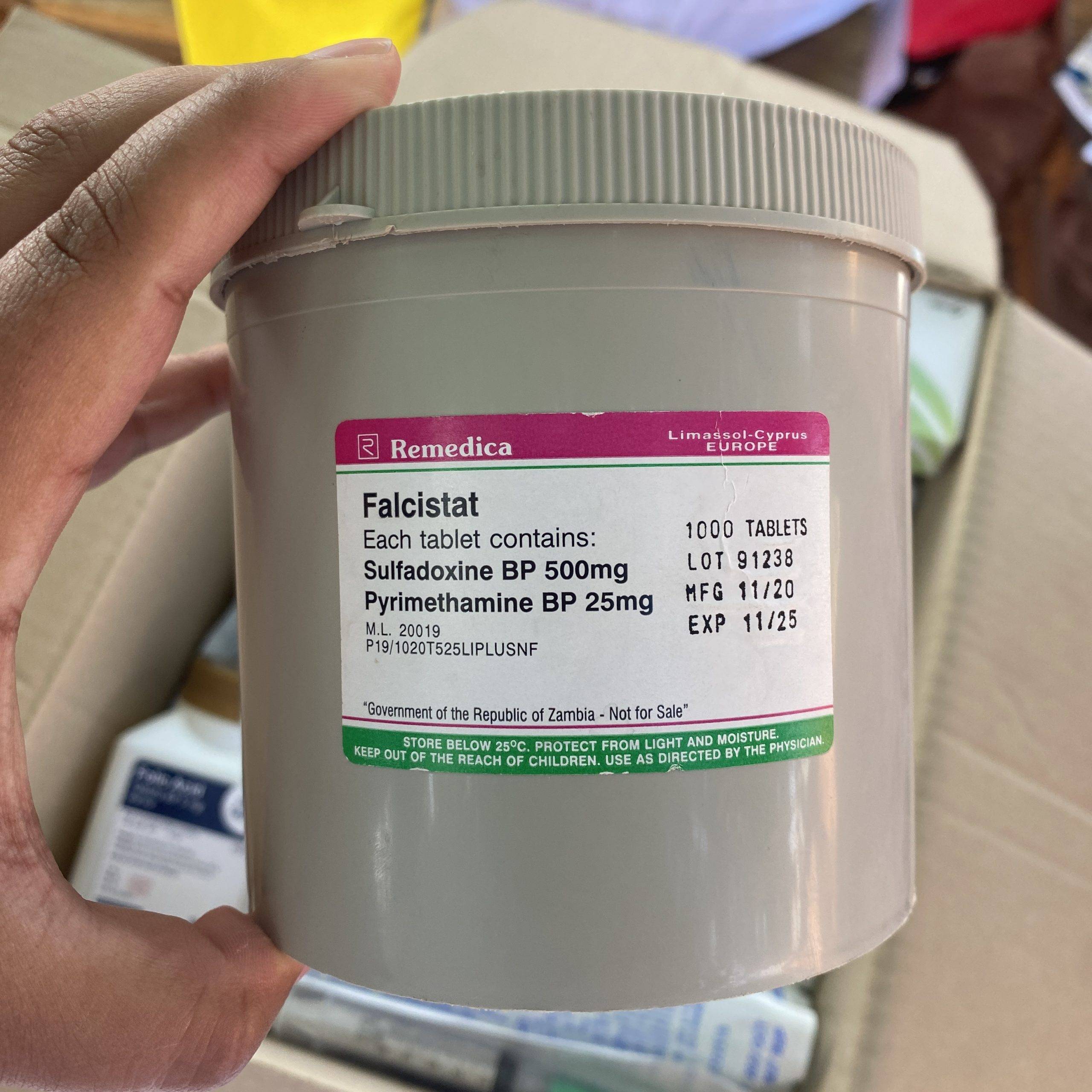
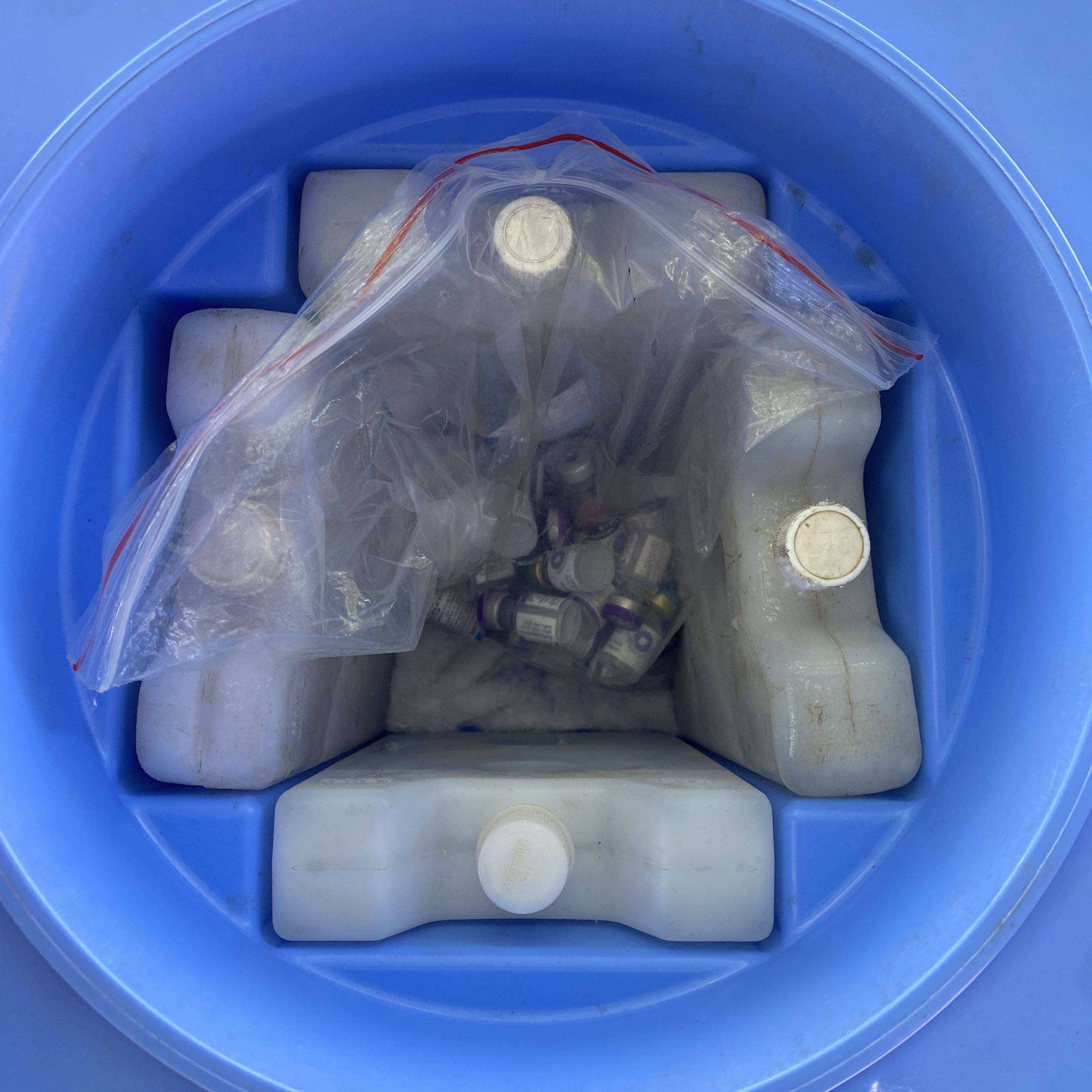
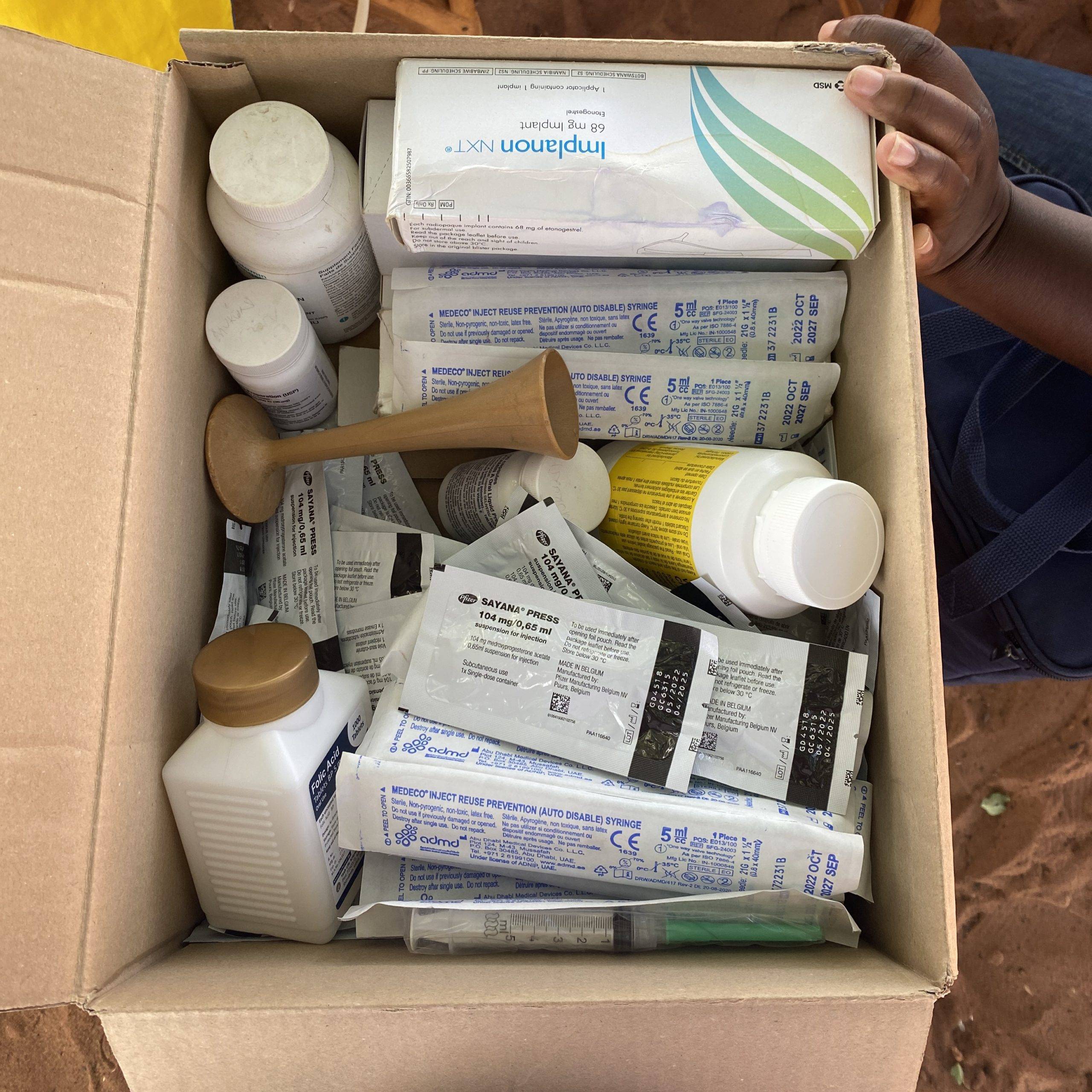
The Outcome
Over a year later we are delighted to hear that the impact of this project remains potent. 240 textbooks across maths, English and science for students in grade 5 to 8 have enabled students to flourish and improved exam pass rates. Four orphans have been housed within new housing. Workshops on HIV, teenage pregnancy, early marriage and substance abuse have led to a sixfold reduction in annual teenage pregnancy and a shift in attitudes reported by all teachers.
We hope to relaunch a similar project with The Butterfly Tree in 2025…
“Before the books were received, the pupil-book ratio was 10 pupils to 1 book (10:1)…however, with the new received books, the pupil-book ratio has tremendously improved to 2 pupils to 1 (2:1). Teachers are now able teach effectively and ensure quality education
Before, these workshops were conducted, the prevalence of teenage pregnancies among girls was high. For example, between 2019 and 2022, the school recorded 5 to 6 female students who were pregnant. However, with the peer lessons among girl children, this year 2023, the school has only recorded one pregnancy. The peer educators’ lessons, also helped girls and boys from the risk of contracting sexual transmitted diseases (STIs).
Many thanks to the visiting Doctors and Butterfly Tree. May you continue with your unwavering support to our school in order to facilitate quality education for the poor children.”
Ready to Help Make a Change?
Learn more about our projects, our ethos, and how you can help make a long-lasting global impact by donating.
